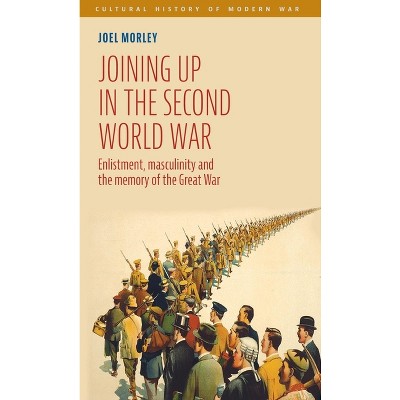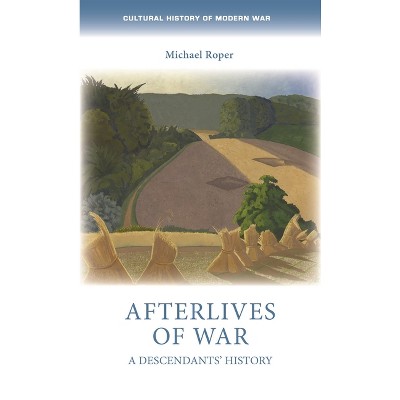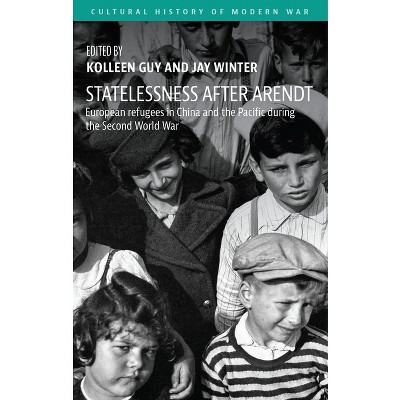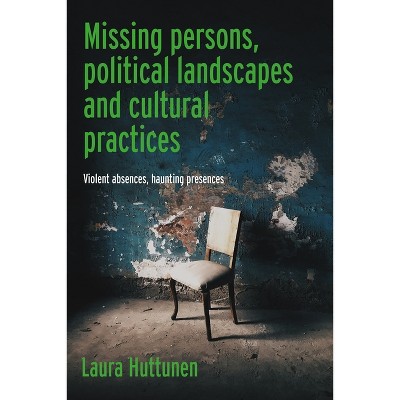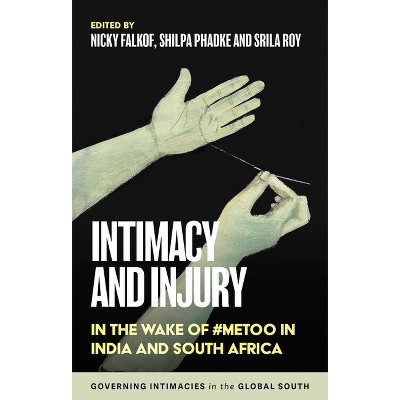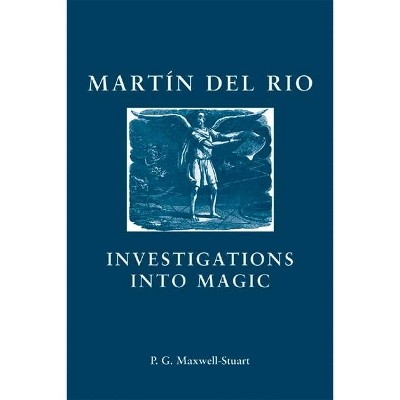Sponsored

Medical Care, Humanitarianism and Intimacy in the Long Second World War, 1931-1953 - (Cultural History of Modern War) (Hardcover)
In Stock
Sponsored
About this item
Highlights
- This book offers fresh perspectives on the history of humanitarianism and medical care during the long Second World War, tracing circulations of humanitarian actors, discourses, knowledge, and practices across the world from the war in China in 1931 to the Korean War in 1953.
- About the Author: Marie Luce Desgrandchamps, Lecturer, University of Geneva, Senior Researcher, University of FribourgLaure Humbert, Senior Lecturer, University of ManchesterBertrand Taithe, Professor, University of ManchesterRaphaële Balu, Editorial Manager, Sorbonne University
- 298 Pages
- Social Science, Philanthropy & Charity
- Series Name: Cultural History of Modern War
Description
About the Book
This book offers fresh perspectives on the history of humanitarianism and medical care during the long Second World War, tracing circulations of humanitarian actors, discourses, knowledge, and practices across the world.
Book Synopsis
This book offers fresh perspectives on the history of humanitarianism and medical care during the long Second World War, tracing circulations of humanitarian actors, discourses, knowledge, and practices across the world from the war in China in 1931 to the Korean War in 1953.From the Back Cover
This book offers fresh perspectives on the history of humanitarianism and medical care during the long Second World War (1931-1953). Adopting a broad definition of humanitarianism, it addresses new themes, such as intimacy and craft therapy, and moves across scales of analysis, from the global to the local.
The book takes the war in China in 1931 as a starting point, which led to the progressive dislocation of the League of Nations. It ends with the termination of the Korean War in 1953, which represented the end of the first United Coalition and United Nations Peace enforcement operation. It contributes to the development of a theoretically informed understanding of the concept of intimacy, placing at the centre of historical attention the 'experiences' of the war for caregivers and receivers of humanitarian aid.
This volume makes an original intervention by challenging the Eurocentric chronology of the Second World War and tracing circulations of humanitarian actors, knowledge, and practices across the world from a conflict to another. In doing so, it reassesses the links between imperial and national politics and sheds new lights onto the use of humanitarianism as a diplomatic tool and instrument of 'soft power'.
About the Author
Marie Luce Desgrandchamps, Lecturer, University of Geneva, Senior Researcher, University of Fribourg
Laure Humbert, Senior Lecturer, University of Manchester
Bertrand Taithe, Professor, University of Manchester
Raphaële Balu, Editorial Manager, Sorbonne University
Shipping details
Return details
Frequently bought together

Trending Non-Fiction











